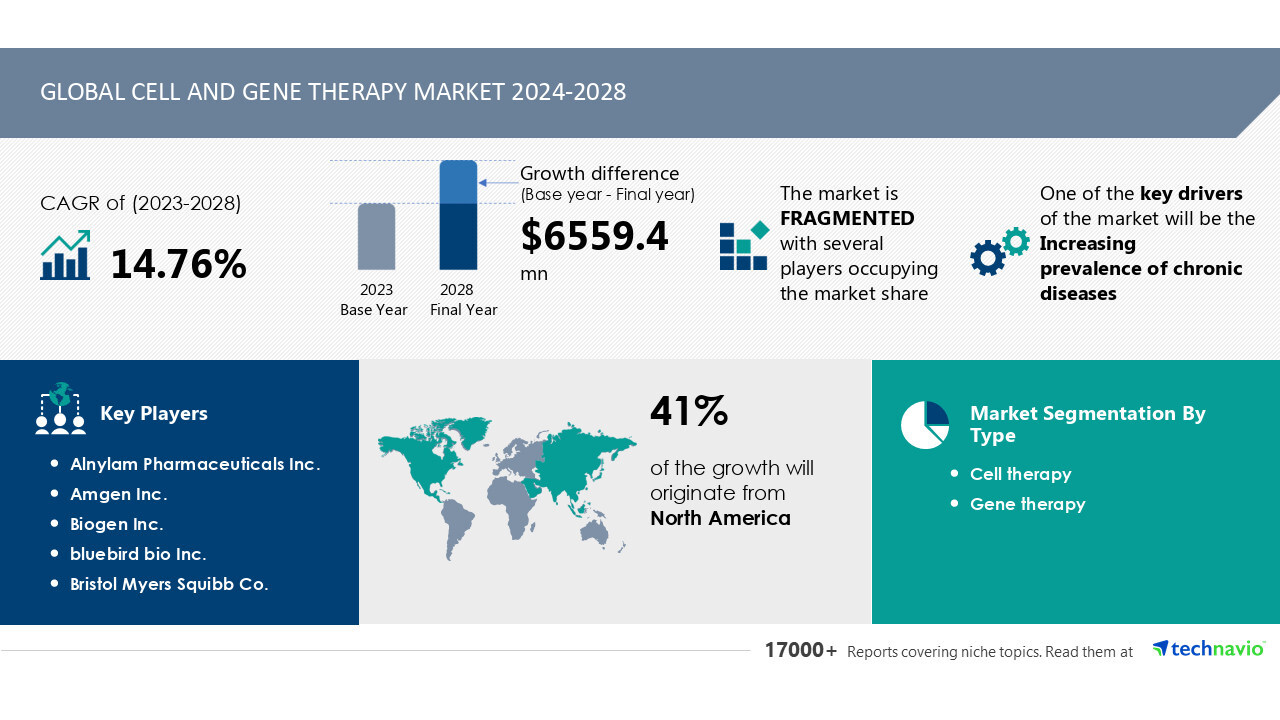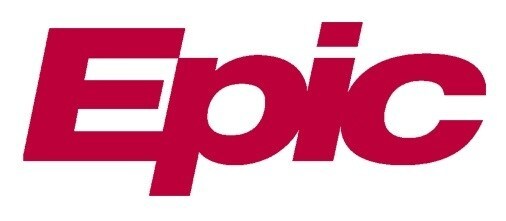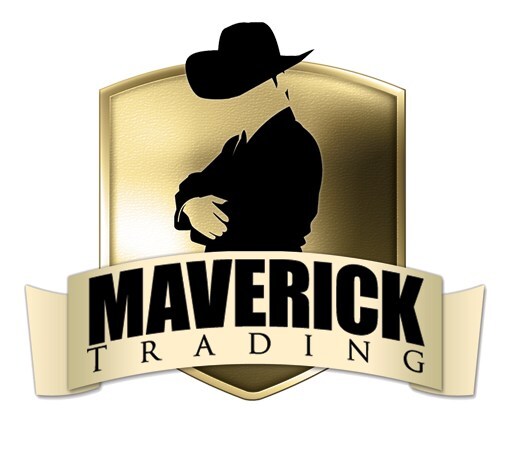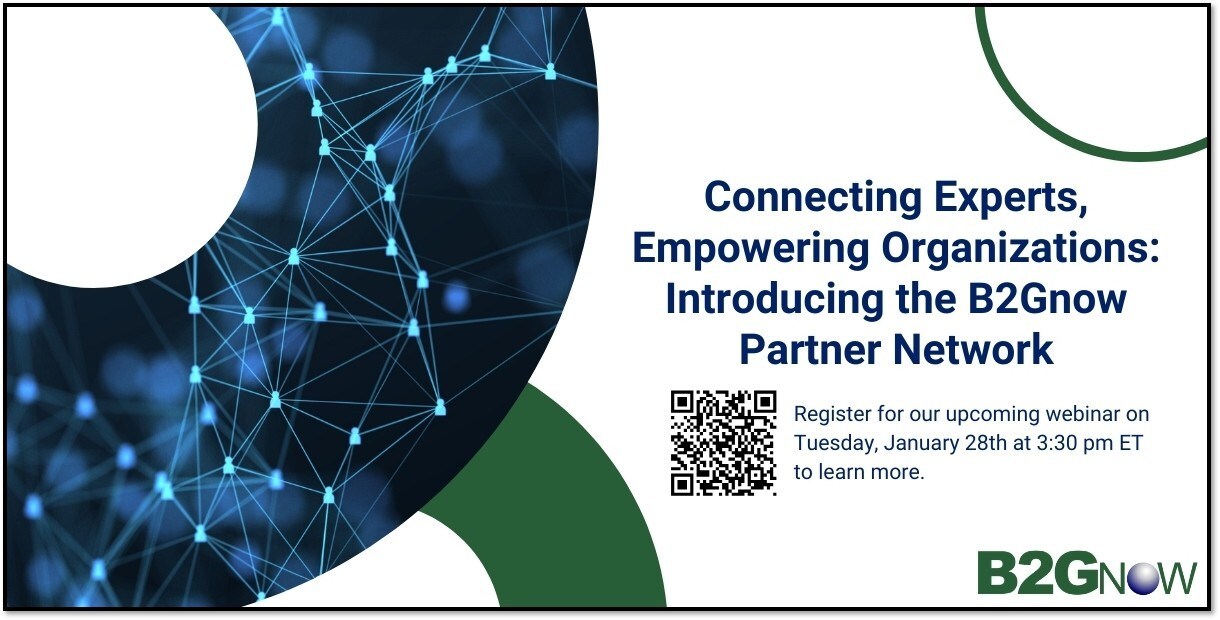NEW YORK, Nov. 13, 2024 -- Report on how AI is driving market transformation - The global cell and gene therapy market size is estimated to grow by USD 6.56 billion from 2024-2028, according to Technavio. The market is estimated to grow at a CAGR of 14.76% during the forecast period. Increasing prevalence of chronic diseases is driving market growth, with a trend towards strategic alliances. However, high cost and failure rate in clinical trials poses a challenge.Key market players include Alnylam Pharmaceuticals Inc., Amgen Inc., Biogen Inc., bluebird bio Inc., Bristol Myers Squibb Co., Castle Creek Biosciences Inc., CORESTEM Inc., Cytori Therapeutics Inc., Dendreon Pharmaceuticals LLC, Ferring BV, Gilead Sciences Inc., Helixmith Co. Ltd., Human Stem Cells Institute, JCR Pharmaceticals Co. Ltd., Kolon TissueGene Inc., Novartis AG, Orchard Therapeutics Plc, Pfizer Inc., Sibiono GeneTech Co. Ltd., and Vericel Corp..
AI-Powered Market Evolution Insights. Our comprehensive market report ready with the latest trends, growth opportunities, and strategic analysis- View Free Sample Report PDF
Forecast period | 2024-2028 |
Base Year | 2023 |
Historic Data | - |
Segment Covered | Type (Cell therapy and Gene therapy) and Geography (North America, Europe, Asia, and Rest of World (ROW)) |
Region Covered | North America, Europe, Asia, and Rest of World (ROW) |
Key companies profiled | Alnylam Pharmaceuticals Inc., Amgen Inc., Biogen Inc., bluebird bio Inc., Bristol Myers Squibb Co., Castle Creek Biosciences Inc., CORESTEM Inc., Cytori Therapeutics Inc., Dendreon Pharmaceuticals LLC, Ferring BV, Gilead Sciences Inc., Helixmith Co. Ltd., Human Stem Cells Institute, JCR Pharmaceticals Co. Ltd., Kolon TissueGene Inc., Novartis AG, Orchard Therapeutics Plc, Pfizer Inc., Sibiono GeneTech Co. Ltd., and Vericel Corp. |
Key Market Trends Fueling Growth
The cell and gene therapy market is witnessing significant growth due to the focus of vendors on developing innovative therapies for emerging applications, particularly in oncology and musculoskeletal disorders. In oncology, several molecules are undergoing clinical trials, with three in the Phase III stage. Amgen Inc.'s Blinatumomab is a Phase III candidate for treating B-cell non-Hodgkin lymphoma, while Bluebird bio's LentiGlobin BB305 drug product is in Phase III development for sickle cell disease. Lenalidomide from Bristol-Myers Squibb has reported positive Phase II results for multiple myeloma and is currently in Phase III development. Other vendors active in this area include AVAX Technologies, Boehringer Ingelheim, Brainstorm-Cell Therapeutics, Cell Genesys, Genzyme, and Cell Genesys. In musculoskeletal disorders, several companies are conducting clinical trials on autologous cell therapy products, such as Biostar, Cellular Biomedicine Group, EMO Biomedicine Corporation, and Fibrocell Technologies. Indications being evaluated include degenerative arthritis, knee osteoarthritis (Phase II), and knee osteoarthritis (Phase I). The approval of new drugs in these areas is expected to drive revenue and positively impact the market's growth during the forecast period.
The Cell and Gene Therapy market is experiencing significant growth due to advancements in technologies like Oligonucleotides, Zinc Fingers, and Viral transfection. These innovations are revolutionizing the treatment landscape for various conditions, including Sickle cell anemia, rare genetic disorders, chronic diseases like Cancer, Musculoskeletal diseases, Eye diseases, Sudden cardiac death, and more. The market encompasses Gene therapy for Neurology, Hepatology, and Cardiovascular disease, among others. Advanced targeted therapies such as Gene silencing and Cell replacement are gaining traction. Single-use technology, Apheresis, Biomanufacturing, and Clinical pipeline are key areas of focus. Regulatory approvals for Allogeneic cell solutions and Autologous products are accelerating. Mitochondrial genetics, Clinical study protocols, and Infectious disease treatments are also part of this dynamic sector. Oncology, Hematology, Ophthalmology, and Neurological disorders are major indications. Gene therapy, Cell therapy, Gene editing, Tissue regeneration, Invivo gene transfer, and Tcell receptor therapy are some of the exciting areas driving market expansion.
Insights on how AI is driving innovation, efficiency, and market growth- Request Sample!
Market Challenges
- The cell and gene therapy market involves high costs due to rigorous clinical trial requirements in developed countries like the US, UK, Germany, France, Japan, Singapore, and South Korea. Small vendors and biotech startups often seek funding to cover these expenses. Clinical trials involve testing factors such as dosing, product delivery, toxicity, and immune rejection. Failure to identify these issues during preclinical stages can lead to high failure rates and increased costs. The cost of clinical trials ranges from USD1.5 billion for cell therapy to USD2 billion for gene therapy. Regulatory requirements add to the expense, necessitating multiple trials for biodistribution, dosing, delivery timing, tumorigenicity, and immune rejection. Recruiting patients and establishing clinical trial infrastructure also contribute to the high costs. Strict regulatory compliance is a significant challenge. These factors may hinder the growth of the global cell and gene therapy market.
- The Cell and Gene Therapy market is experiencing significant growth due to advancements in technologies like Oligonucleotides, Zinc Fingers, and Viral transfection. These innovations offer new solutions for various conditions, including Sickle cell anemia, Rare genetic disorders, Chronic diseases such as Cancer, Musculoskeletal diseases, Eye diseases, Sudden cardiac death, and more. The market caters to diverse therapeutic areas like Neurology, Hepatology, and Cardiovascular disease, among others. However, challenges persist. Gene therapy faces regulatory hurdles, with approvals a lengthy process. Technologies like Single-use technology, Apheresis, Biomanufacturing, and Clinical pipeline require optimization for cost-effectiveness and scalability. Allogeneic cell solutions and Autologous products each have their advantages and limitations. Infectious disease and Oncological disorders pose unique challenges due to safety concerns. Gene editing, Tissue regeneration, Invivo gene transfer, and Tcell receptor therapy are promising, but their commercialization requires careful planning and execution. Overall, the market holds immense potential for advanced targeted therapies, Gene silencing, and Cell replacement/augmentation.
Insights into how AI is reshaping industries and driving growth- Download a Sample Report
Segment Overview
This cell and gene therapy market report extensively covers market segmentation by
- Type
- 1.1 Cell therapy
- 1.2 Gene therapy
- Geography
- 2.1 North America
- 2.2 Europe
- 2.3 Asia
- 2.4 Rest of World (ROW)
1.1 Cell therapy- Cell therapy is a treatment method where living cells are administered to patients to cure various ailments. The market for cell therapy products is expanding due to their potential for personalized treatment. Companies are developing cell therapy products from autologous and allogeneic cells, including stem cell-based therapies. Regulatory approvals for new cell therapy products are driving market growth. For instance, Abecma, a CAR-T cell therapy targeting B-cell maturation antigen for relapsed or refractory multiple myeloma, was recently approved in Japan. Direct cell reprogramming, a promising technique for treating chronic diseases, is also gaining traction. Fortuna Fix Inc., a private firm, is using neural stem cells produced by direct reprogramming to replace lost neuronal tissue. These advancements, along with the continuous approval of new cell therapy products, are expected to fuel market growth during the forecast period.
Download complimentary Sample Report to gain insights into AI's impact on market dynamics, emerging trends, and future opportunities- including forecast (2024-2028) and historic data ( - )
Research Analysis
The Cell and Gene Therapy market encompasses innovative treatments for various diseases, including infectious diseases, oncological disorders, cardiovascular diseases, genetic disorders, and rare diseases. This market is revolutionizing healthcare with advanced targeted therapies such as gene therapy and cell therapy. Gene therapy involves the use of genes to treat or prevent diseases, including gene silencing, gene augmentation, and CRISPR technology. Neurology, hepatology, ophthalmology, and hematology are among the therapeutic areas that significantly benefit from these advanced treatments. Cell therapy includes cell replacement and apheresis, which involve using living cells to restore or replace damaged cells or tissues. Biomanufacturing plays a crucial role in producing these complex therapies using single-use technology. Overall, the Cell and Gene Therapy market holds immense potential in transforming the healthcare landscape.
Market Research Overview
The Cell and Gene Therapy market encompasses innovative treatments for various diseases, including infectious diseases, oncological disorders, cardiovascular diseases, genetic disorders, and rare diseases. This rapidly growing field leverages advanced technologies like gene therapy, cell therapy, gene editing, tissue regeneration, and invivo gene transfer to address unmet medical needs. Gene therapy involves introducing new genetic material into cells to treat or prevent diseases, while cell therapy uses living cells to restore or replace damaged tissues. Gene editing tools like CRISPR-Cas9, zinc fingers, and oligonucleotides enable precise modifications to the genome. Key applications include T cell receptor therapy, viral transfection, and gene silencing for oncology, hematology, neurology, ophthalmology, hepatology, and other therapeutic areas. Diseases targeted include sickle cell anemia, rare genetic disorders, chronic diseases like cancer, and musculoskeletal diseases. The market includes advanced targeted therapies, allogeneic cell solutions, autologous products, and single-use technology. Biomanufacturing, apheresis, and clinical pipeline development are crucial aspects, with regulatory approvals playing a significant role in market growth. Mitochondrial genetics and clinical study protocols are also essential components of the cell and gene therapy landscape. This dynamic and evolving industry holds immense potential to revolutionize healthcare and improve patient outcomes.
Table of Contents:
1 Executive Summary
2 Market Landscape
3 Market Sizing
4 Historic Market Size
5 Five Forces Analysis
6 Market Segmentation
- Type
- Cell Therapy
- Gene Therapy
- Geography
- North America
- Europe
- Asia
- Rest Of World (ROW)
7 Customer Landscape
8 Geographic Landscape
9 Drivers, Challenges, and Trends
10 Company Landscape
11 Company Analysis
12 Appendix
About Technavio
Technavio is a leading global technology research and advisory company. Their research and analysis focuses on emerging market trends and provides actionable insights to help businesses identify market opportunities and develop effective strategies to optimize their market positions.
With over 500 specialized analysts, Technavio's report library consists of more than 17,000 reports and counting, covering 800 technologies, spanning across 50 countries. Their client base consists of enterprises of all sizes, including more than 100 Fortune 500 companies. This growing client base relies on Technavio's comprehensive coverage, extensive research, and actionable market insights to identify opportunities in existing and potential markets and assess their competitive positions within changing market scenarios.
Contacts
Technavio Research
Jesse Maida
Media & Marketing Executive
US: +1 844 364 1100
UK: +44 203 893 3200
Email: media@technavio.com
Website: www.technavio.com/
This News is brought to you by Qube Mark, your trusted source for the latest updates and insights in marketing technology. Stay tuned for more groundbreaking innovations in the world of technology.









